|
|
|
Editor's note
|
|
Zimbabwe’s Zanu-PF emerged victorious in the first elections to be held without Robert Mugabe since independence in 1980. After days of increasing tension, as well as violence that led to six people being killed, President Emmerson Mnangagwa was declared the winner against the main opposition, MDC-Alliance candidate Nelson Chamisa. Cheryl Hendricks explains why the country desperately needed a credible election while David Moore laments what he calls a false new dawn for Zimbabwe.
The endangered species list provides up-to-date information to guide critical conservation action. Ian Colquhoun loks at how the list is compiled, and his role as part of a research group in Madagascar that’s involved in compiling data on lemurs.
The annual “Earth Overshoot Day” - the day on which the natural resources the planet can regenerate within one year are exhausted – was marked this week, the earliest it’s ever happened in a calendar year. Food systems are among the factors putting pressure on ecosystems and freshwater stocks. Elwyn Grainger-Jones discusses how science is providing solutions.
|
Thabo Leshilo
Politics + Society Editor
|

|
|
Top stories
|
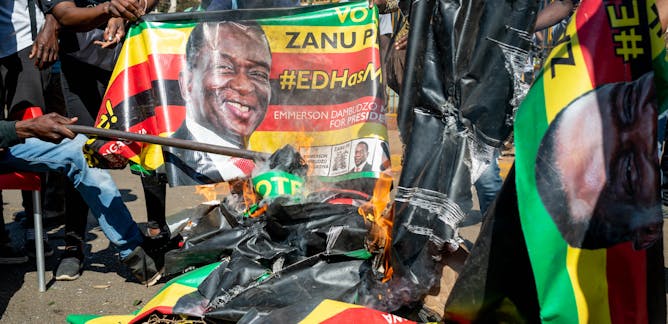
David B. Moore, University of Johannesburg
Zanu-PF's more than two-thirds majority win in the parliament poll gives it the power to change the constitution if it wishes.
| |
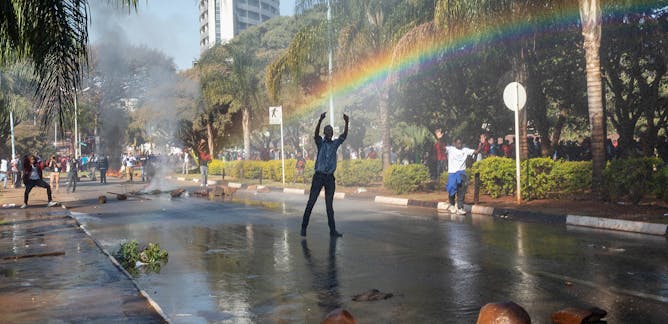
Cheryl Hendricks, Human Sciences Research Council
If the MDC-Alliance claims Zanu-PF and Zimbabwe's electoral commission rigged the elections, the onus is on them to prove it.
|
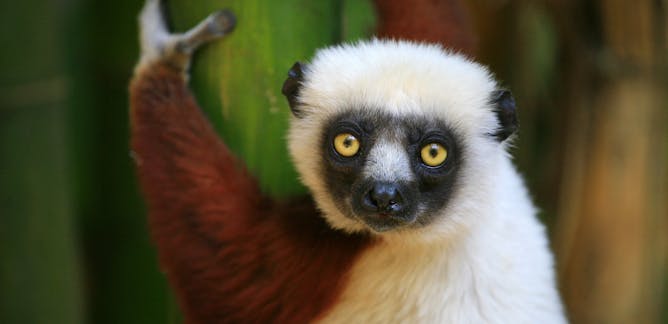
Ian Colquhoun, Western University
The endangered species list is over 90 000 and includes Madagascar's lemurs.
| |
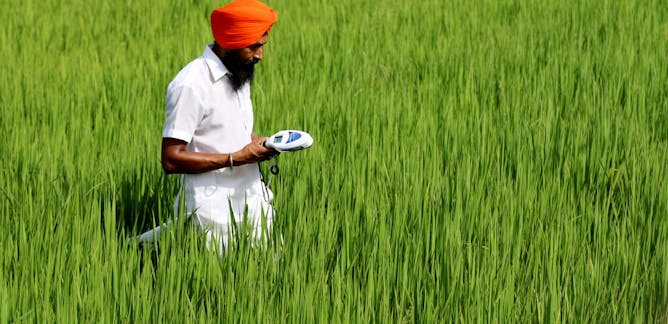
Elwyn Grainger-Jones, CGIAR System Organization
Food systems must be transformed to produce more nutritious food with a lower environmental footprint.
|
|
|
Politics + Society
|
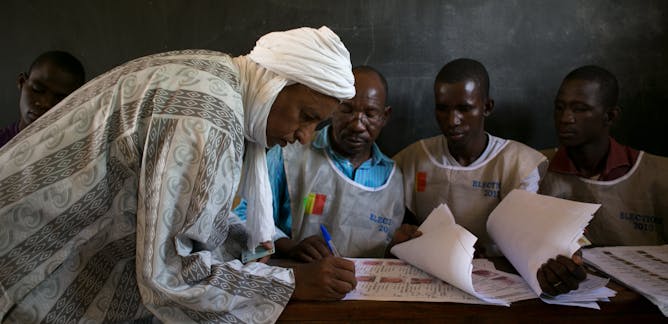
Ylva Rodny-Gumede, University of Johannesburg
In Africa, biased media coverage is one of the reasons voters have little faith in credible elections.
| |
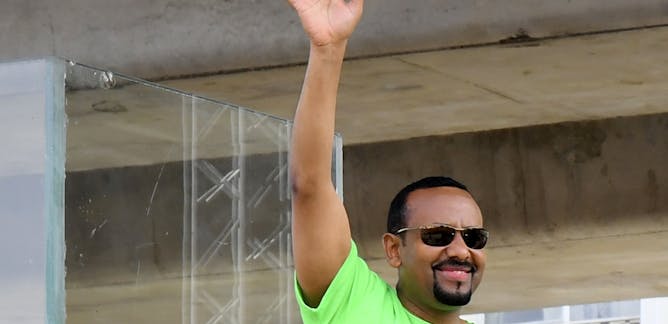
Mohammed Girma, University of Pretoria
Ethiopia's Prime Minister Abiy Ahmed needs to strike a balance between forgiveness and justice.
|
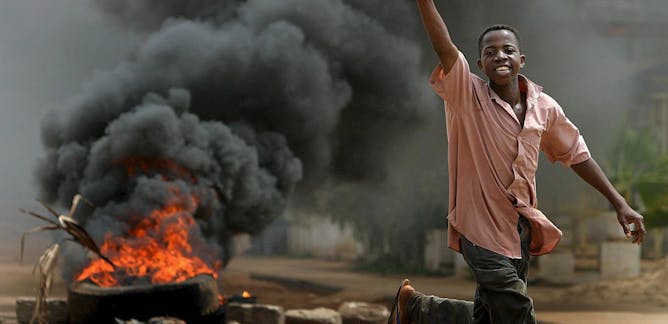
Anja Osei, University of Konstanz
Togo illustrates the difficulty of moving away from personalised politics.
| |
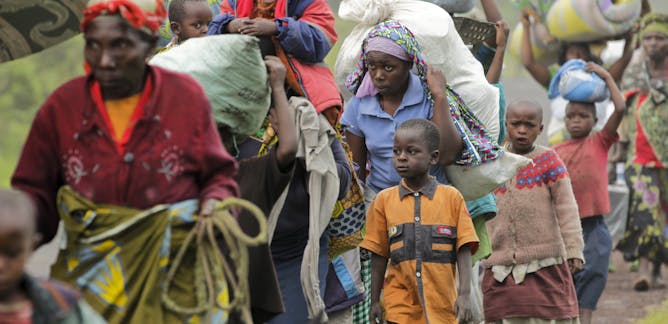
Alan Hirsch, University of Cape Town
The free movement of people between African countries could facilitate economic development.
|
|
|
Business + Economy
|
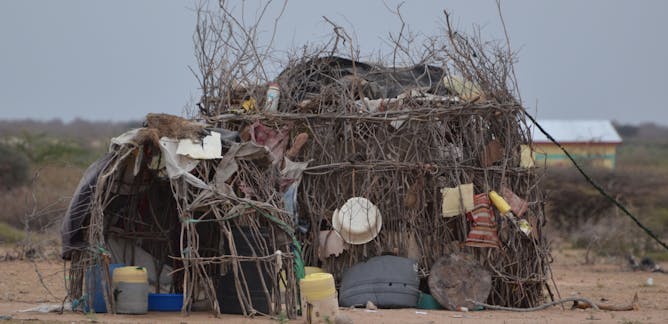
Timothy Njagi Njeru, Egerton University
Statistics suggest that the fight against poverty is far from being won in Kenya.
| |
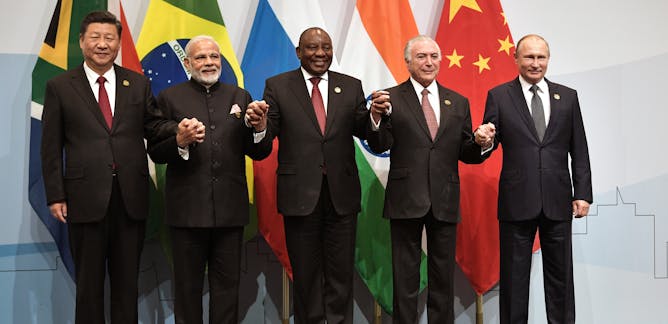
Danny Bradlow, University of Pretoria
The 10th BRICS Summit delivered a mixed bag when judged on what it said on key issues, like global governance and trade.
|
|
|
Health + Medicine
|

Sharon Fonn, University of the Witwatersrand
A market inquiry has looked into private health care costs in South Africa.
| |
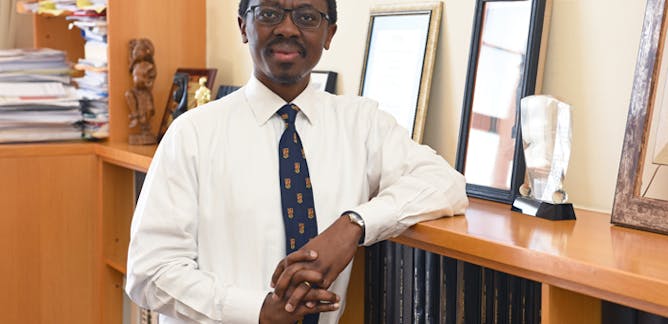
Tolullah Oni, University of Cambridge
South African Professor Bongani Mayosi was a great mentor to many. Losing him to mental illness is a reminder that we are all human.
|
|
|
Arts + Culture
|
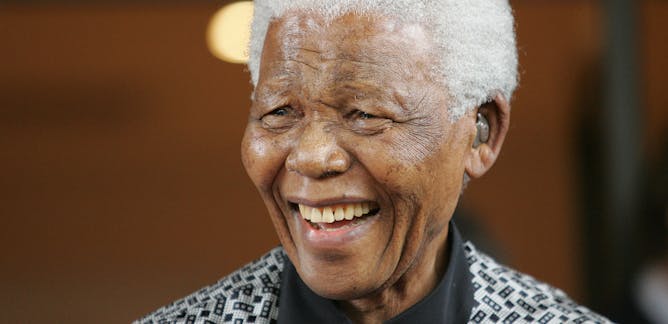
Tal Zalmanovich, Hebrew University of Jerusalem
From the early 1980s, local governments in the UK began renaming streets, housing estates and community centres after Mandela as an act of protest.
| |
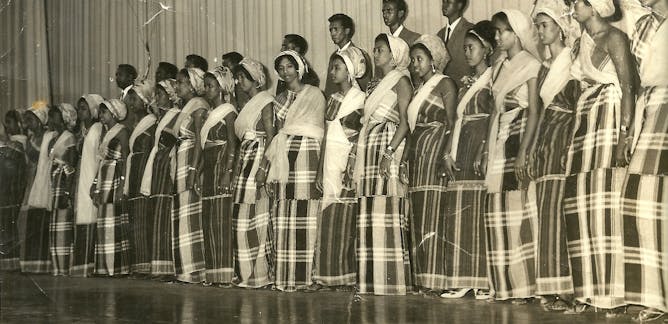
Michael Shakib Bhatch, University of the Western Cape
A crate digger essentially builds a personal library of sonic texts that often can't be found on the internet or in official archives.
|
|
|
Science + Technology
|

Peace A. Medie, University of Ghana; Alice J. Kang, University of Nebraska-Lincoln
The exclusion of scholars based in the global South undermines their work.
| |
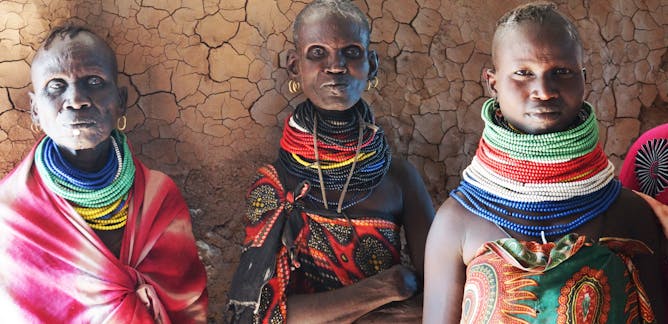
Kennedy Mkutu, United States International University
Turkana women weren't properly represented in decisions made between the oil company and community.
|
|
|
Environment + Energy
|
-
Muchazondida Mkono, The University of Queensland
The Cecil movement didn't lead to any deep-seated changes as trophy hunting persists in many parts of Africa.
-
Kevin Winter, University of Cape Town; Peta Brom, University of Cape Town
Faced with a drought, it's tempting for cities to reduce the amount of space that needs water. But this is not a good idea.
-
Cynthia Caron, Clark University
Civil society organisations in Zambia help women get access to land.
|
|
Education
|
-
Nuraan Davids, Stellenbosch University
Researchers pay scant attention to women principals' identities as leaders in relation to race, culture, ethnicity, religion, class, and sexuality.
|
|
| |
| |
| |
| |
| |
| |
|
|
|
|
|
|
|